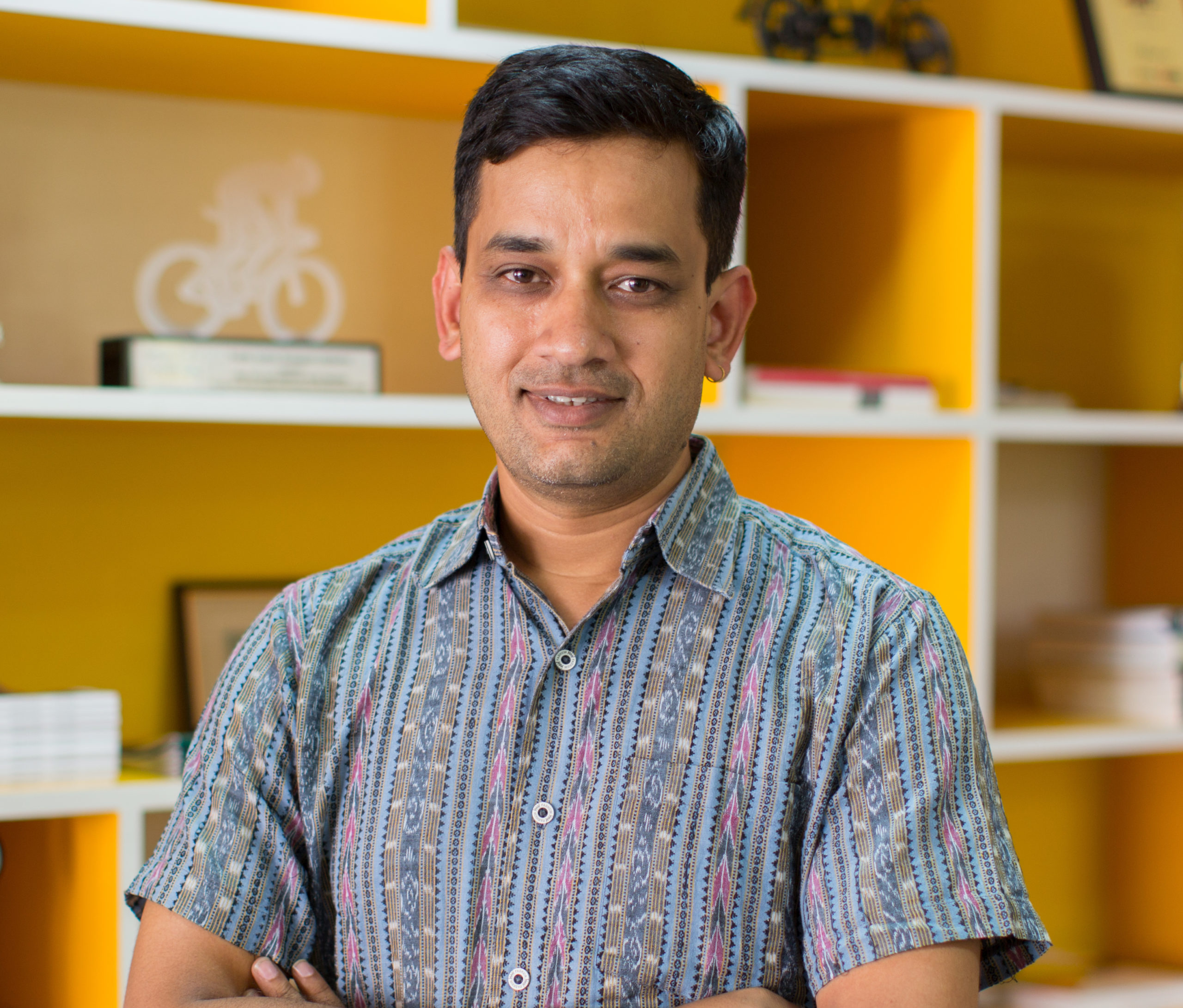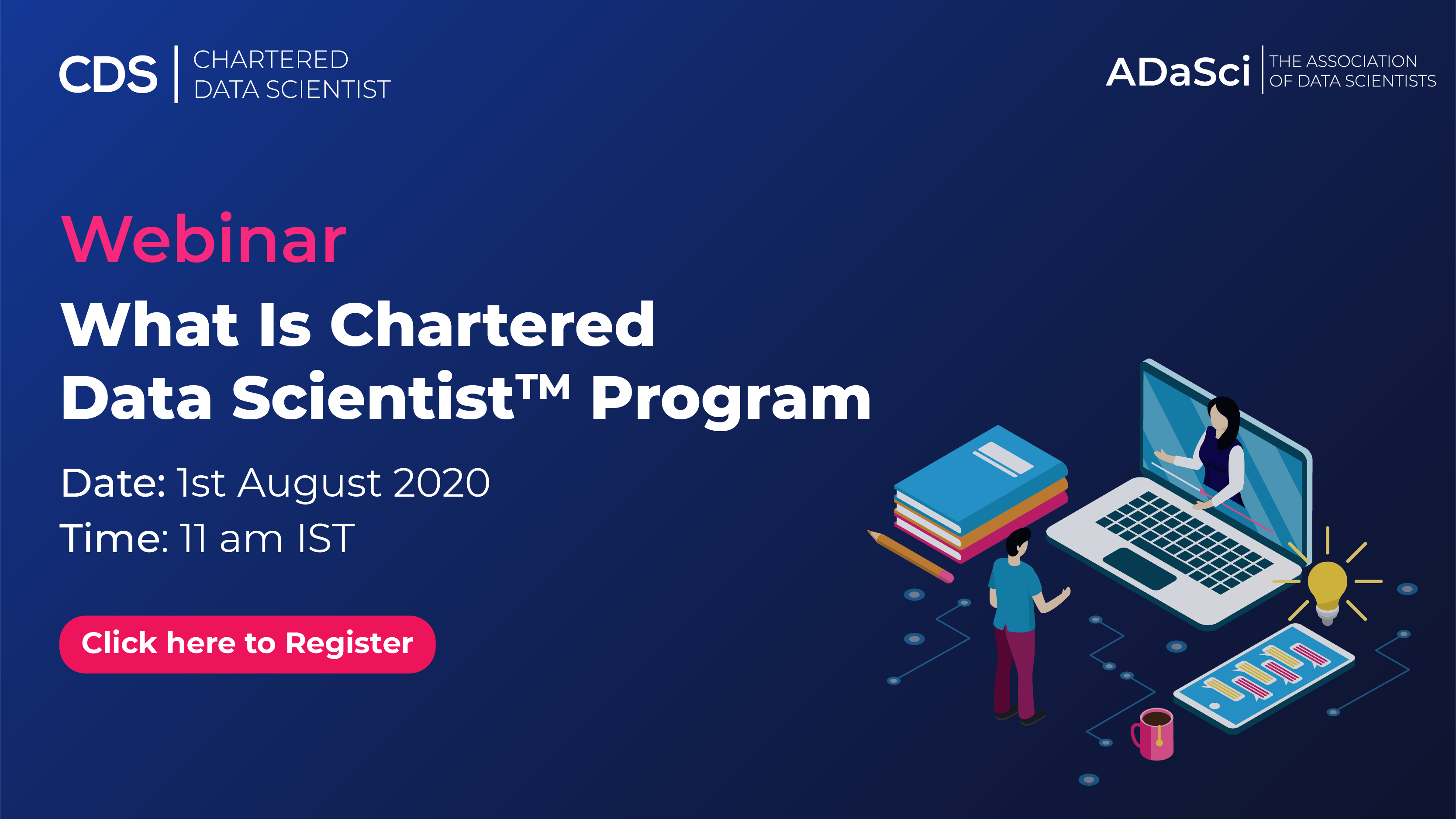As the population in India grows, so do the country’s cities. Indian cities are not able to sustain their current population, resulting in cramped living conditions, increased pollution, inefficient utility distribution, perpetual traffic jams, overburdened public transit systems, and accidents. Most cities here are unplanned and the transportation system is marred by glaring shortcomings.
Many experts believe the solution lies with AI. With the implementation of many IT-based smart solutions across Indian cities—some as part of the Indian Government’s Smart City Mission—a large amount of data is being generated. In order to make sense of this data and convert it into predictive intelligence, AI can be used.
Although the vision of an intelligent city, with an AI-based infrastructure and mobility seems like the logical way ahead, it’s easier said than done. We are still in the early stages, wherein there are a number of parameters to factor in and there’s also the looming security threat of a cyberattack, that could potentially cripple the entire city.
In order to gain a better understanding regarding the applicability of AI towards urban planning and mobility, we caught up with Amit Bhatt, Director of Integrated Urban Transport, WRI India. He is based in Delhi and provides vision and leadership to all transport initiatives across WRI India, managing relationships with partners and stakeholders. Amit has over 18 years of experience in the field of urban transport, non-motorized transport, public transportation, road safety and urban development. He is part of various national and international committees on transportation and urban development and is also a visiting faculty at the School of Planning and Architecture, New Delhi.
Here are the edited excerpts:
AIM. How can AI transform smart cities into intelligent and sustainable cities?
Data is crucial to city planning and going forward it will be even more important to do data-based planning. This is where AI can fit in very well. AI, powered by right algorithms, has real potential to deeply and fundamentally impact the shape of our cities. I think that data analytics coupled with machine learning along with AI solutions using deep learning can potentially create a digital crystal ball, allowing city planners, decision makers and others to peer into the future, and predict outcomes and make choices with a high degree of accuracy.
AIM. What are some of the major obstacles that come in the way of implementing AI towards planned urbanization?
Data, including its use, misuse and abuse will be a big challenge. Our cities are already generating a lot of data and going forward they will be tracked through extensive networks of IoT and sensors. Even the buildings will become smart. Therefore, who owns the data, who uses it for what purpose will be a big issue. Another issue will be privacy. In the on-going Covid-19 scenario, emerging stories from South Korea suggest how the country used data for surveillance to battle the pandemic, but the issue around data privacy is also coming up from the nation.
AIM. Please share some use cases of AI improving the Indian transportation sector.
There are multiple cases where AI can improve the Indian transportation sector. For example
1. Intelligent Transport Systems that use sensors, CCTV cameras and others for traffic management systems can have a greater impact with AI real-time dynamic decisions on traffic flows, transit priority, parking pricing etc.
2. It can use accident heat maps based on driving habits and driver behaviour on the road network.
3. It can also be utilized to generate increasingly smart predictions about journey times, waiting time, travel time etc.
4. Provide parking information such as availability, shortage, pricing, etc.
5. AI can have a significant impact on the upcoming electric mobility scenario, especially around integration and vehicle-to-grid technology.
AIM. Do you think Autonomy is not viable in India, especially if you factor in parameters such as low driver costs per kilometer and the congested and chaotic conditions of Indian traffic? Is Assistive AI the answer here?
Full-fledged autonomous vehicles—even level 4 or 5—don’t appear realistic in short to medium-term in India. Cost is definitely a factor but India also has some unique challenges as compared to the West. We have a very heterogeneous traffic with multiple modes sharing the road space. We don’t have good road inventory data and the streets keep on changing due to services, traffic management and other issues.
Assisted AI appears much more realistic in India. Applications like assisted parking, partially automated driving, safety provisions like emergency control of the vehicle, cross-traffic detection, breaking in cases of emergencies, active monitoring of blind spots etc appear to be much more realistic in Indian scenarios.
AIM. Parking is a major issue in Indian cities; how can AI come into play here?
Parking is a fit case of using AI for greater impact. AI can be used in a given parking lot to find if a given parking space is available or occupied using a video feed. Such a system is used as an alternative to barrier sensors, infrared sensors and ground sensors, where installation and maintenance costs turn out to be very expensive. The occupancy data can be used to display the information about availability. This, coupled with dynamic pricing, can be used to better manage the parking lots.
AIM. What are some of the major downsides of implementing AI-centric technologies for mobility and urban planning? All these connected devices amplify the risk of a cyberattack, how can these threats be dealt with?
Stephen Hawking once said “Success in creating effective AI could be the biggest event in the history of our civilisation. Or the worst. So we cannot know if we will be infinitely helped by AI or ignored by it and sidelined, or conceivably destroyed by it.” Like any other technology, AI also has its downside, be it the AI bias, job loss, shift from human experience, among others. But the biggest threat is from accelerated hacking and AI terrorism.
Artificial intelligence increases the speed accomplishment which makes it an easy target of cyber attacks and we might see an increase in the nefarious acts such as phishing, delivery of viruses to software and taking advantage of AI systems because of the way they see the world, might be difficult for humans to uncover until it is a too late.
These are not easy situations to solve, but as long as we still have humans involved in determining solutions, we will be able to take advantage of the many benefits of artificial intelligence while reducing and mitigating the negative impacts.


















































































